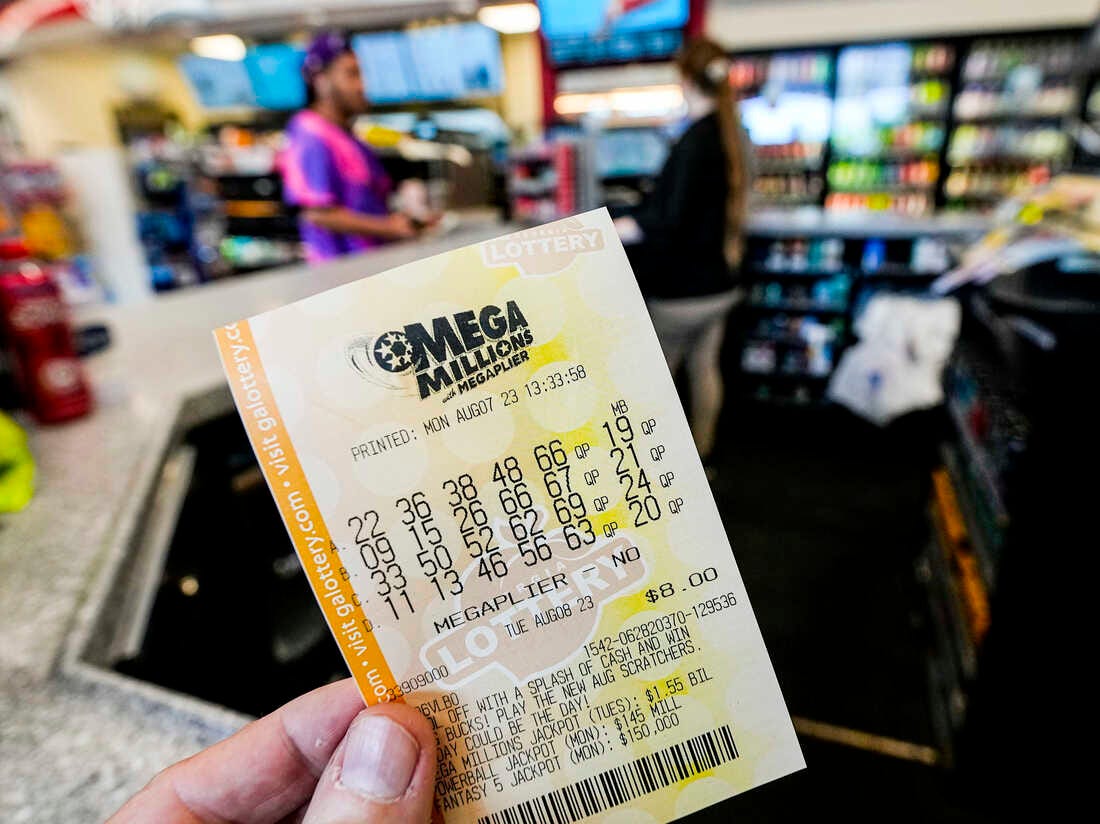The lottery effect
And the inevitability trap
A local person wins the lottery. The hometown newspaper or television station sends a reporter to interview the winner. I almost never play.the lottery, the winner says. I can't afford it. I'm behind on my car payments, my rent, my student loans. But something told me to buy a ticket that day. I did. And I won! Somebody was watching over me that day.
It's a great story, a heartwarming break from all the bad news we hear and read elsewhere. It does make you think that maybe there is a guiding providence above, giving fate a nudge to help people in need.
The story suffers from one problem. The protagonist was already known to be the lottery winner when the reporter was sent out. Of course it was going to be a great story, a one in a million story. That's the definition of a lottery winner. We don't read the stories of the 999,999 lottery losers. Many of them probably hoped providence was smiling on them. Apparently it was not.
What can be called the lottery effect muddles our understanding of lots of things. I have a premonition that something bad is going to happen to someone I love. I receive a phone call and learn that my uncle has been diagnosed with cancer. I knew it, I say. The incident sticks in my brain. What doesn't stick is all the times I've had a premonition and nothing happened. I quickly forget I had those premonitions. I remember only the one that came true.
Something similar affects the writing of history. I'm considering writing a biography of George Washington. I ponder his boyhood in Virginia. I take care to note events and developments that will make him the historic figure he will become. What was special about Washington?, I ask.
Maybe not much, I have to remind myself. I'm focusing on Washington only because I know he's going to win the lottery in his adulthood. If I didn't know that, I probably couldn't pick him out from many others of his generation and social class in Virginia. Doubtless others equally talented dropped out along the way, claimed by disease in childhood, by bullet or arrow in the French and Indian War, or by the vagaries of politics in the Continental Congress.
This doesn't make Washington less interesting or worthy of study. But unless you want to go the full anointed-one route and assume heaven was guiding his footsteps the whole way, you have to acknowledge that chance played a large role in his success. The smallpox he contracted in Barbados could have killed him. Likewise the bullet that whistled past his ear in his first military engagement. His boat might have tipped over while he was crossing the Delaware.
Similar caution applies to any historical explanation. The things we choose to explain are things we know occurred. Because we know they occurred, we search for the influences that contributed to their occurrence. By the time we line up our evidence, we've convinced ourselves that things could hardly have happened otherwise.
I have a standard line to this effect that usually gets a chuckle. When people ask me, in my role as a historian, to offer insight on something that hasn't occurred yet—How is this war going to end? Who is going to win the upcoming election?— I answer that as a historian I can't predict the outcome of tomorrow's battle or election. But the day after tomorrow I'll tell you why the outcome was inevitable.
I sometimes add: If the study of history gave me the ability to predict the future, do you think I'd still be a mere historian?


"I have a standard line to this effect that usually gets a chuckle." I like the humor Brands often inserts into his excellent essays. Shucks! I was going to ask him if the Univ. of Texas at Austin will win the football crown next year. He'd probably answer: "Ask me next January." But seriously, another thought-provoking essay.